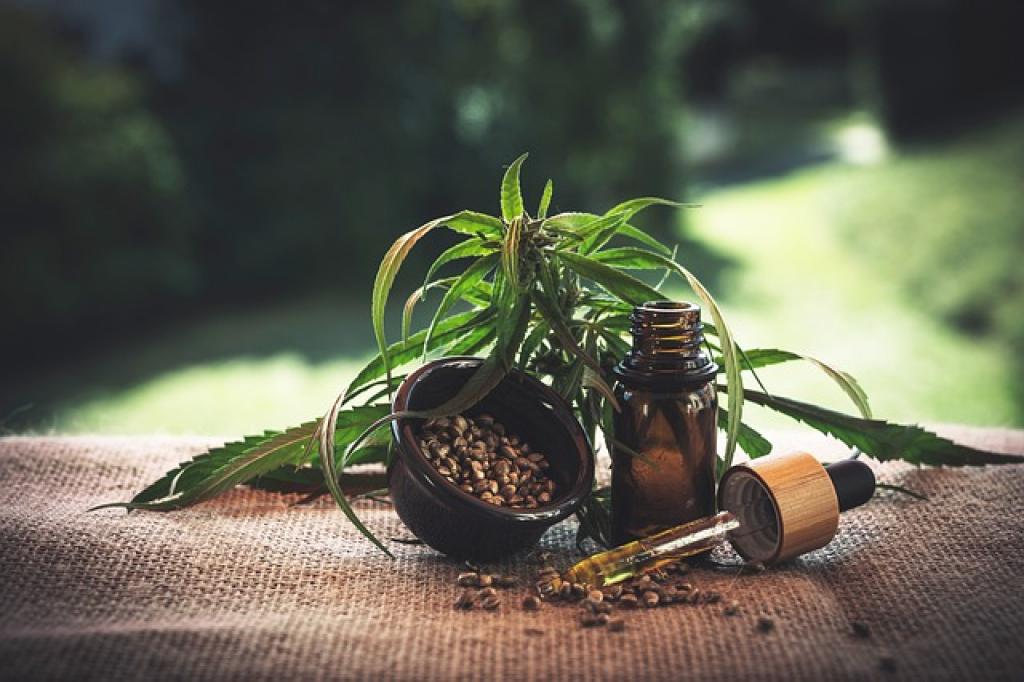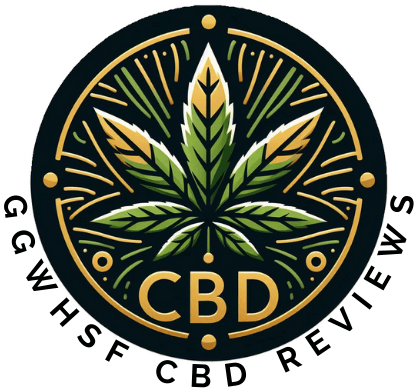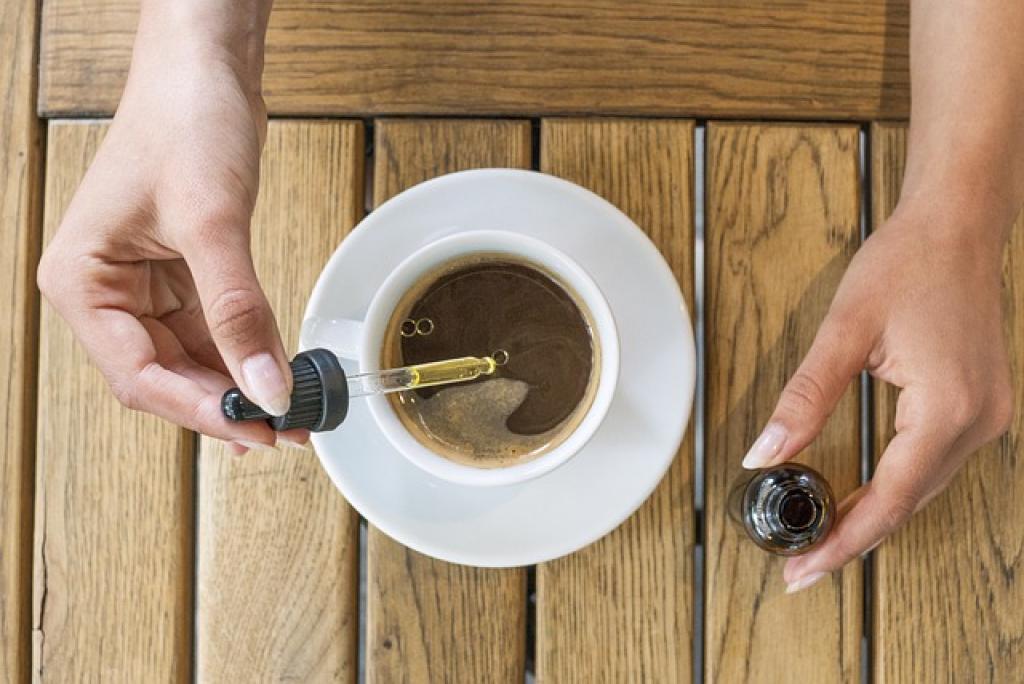CBD is everywhere these days, from oils and gummies to skincare and even pet products. With its rise in popularity, many myths and misconceptions have also popped up, making it hard to know what’s true and what’s not.
Some people think CBD will get them high, while others believe it’s a miracle cure for everything under the sun. But what’s the real story behind this trendy compound?
In this blog post, we’ll cut through the noise and tackle some of the most common myths about CBD. Let’s get to the bottom of what’s fact and what’s just fiction.
Debunking the Misconception That CBD Gets You High
One of the biggest myths about CBD is that it will get you high, just like marijuana. People often mix up CBD with THC, the psychoactive compound in cannabis that causes a high.
However, CBD and THC are two very different compounds. While THC binds directly to receptors in the brain, producing a high, CBD does not. Instead, CBD works indirectly, interacting with various receptors throughout the body to promote balance and wellness.
The Science Behind CBD and THC
CBD is derived from hemp, a type of cannabis plant that contains very low levels of THC (less than 0.3%). This amount is not enough to cause any psychoactive effects. So, using CBD products won’t leave you feeling stoned.
It’s important to check the labels of CBD products to ensure they come from reputable sources. Look for third-party lab testing to confirm the THC content is within legal limits.
Real-World Experiences
Many people use CBD daily and report feeling more relaxed or focused, but not high. Whether it’s for managing anxiety, easing pain, or improving sleep, CBD provides benefits without altering your mental state.
So, next time you hear someone say CBD will get you high, you’ll know that’s just fiction!
Addressing the Legality of CBD Products
The legal status of CBD can be confusing, but let’s break it down.
In the United States, the 2018 Farm Bill made hemp-derived CBD with less than 0.3% THC federally legal. This opened up the market for CBD products across the country.
However, state laws can vary. Some states may have stricter regulations, while others are more lenient. It’s always a good idea to check your local laws before purchasing or using CBD products.
Another important factor is the type of CBD product. Full-spectrum CBD contains all cannabinoids, including trace amounts of THC. Broad-spectrum CBD has all cannabinoids except THC, and CBD isolate is pure CBD. Full-spectrum products might be more restricted in certain states due to the THC content.
When buying CBD, look for companies that provide clear labeling and third-party lab results. These results confirm the CBD content and ensure the THC levels are within legal limits, so you can feel confident about what you’re using.
Understanding the legal landscape helps you make informed choices and ensures you’re using CBD products responsibly and legally.
Exploring the Varied Benefits of CBD: What Science Says
CBD has been touted for numerous health benefits, but what does science actually say?
Pain Relief and Inflammation
Research suggests that CBD can help reduce chronic pain by impacting endocannabinoid receptor activity, reducing inflammation, and interacting with neurotransmitters. This makes it a popular choice for conditions like arthritis.
Anxiety and Depression
Another well-researched area is CBD’s impact on mental health. Studies indicate that CBD may help alleviate anxiety and depression by interacting with serotonin receptors in the brain, offering a more natural approach compared to traditional pharmaceuticals.
Neuroprotective Benefits
CBD is also being explored for its potential neuroprotective properties. Some studies have shown promising results for conditions like epilepsy and multiple sclerosis. The FDA even approved a CBD-based drug, Epidiolex, for certain types of epilepsy.
Additionally, preliminary research suggests it might help with conditions like Alzheimer’s and Parkinson’s disease, although more research is needed.
Skin Health
CBD’s anti-inflammatory properties are not just good for internal issues—they can benefit your skin, too. Some studies show that topical CBD can help with conditions like acne and eczema, making it a promising ingredient in skincare products.
While the science is still evolving, the current findings offer exciting possibilities for the versatile benefits of CBD.
The Truth About Drug Interactions and CBD
When considering CBD, it’s essential to be aware of potential drug interactions. CBD can interact with other medications, and this can affect how those medications work or increase their side effects.
One of the primary concerns is CBD’s effect on the liver. The liver metabolizes many drugs, and CBD can inhibit enzymes responsible for breaking down these drugs. This might lead to higher levels of the medication in your bloodstream, increasing the risk of side effects.
For instance, blood thinners like warfarin may interact with CBD, leading to elevated levels of the drug and an increased risk of bleeding. Similarly, certain anti-epileptic drugs could see altered effectiveness when used alongside CBD.
Another point to consider is the use of CBD with over-the-counter medications or supplements. Even seemingly benign medications like acetaminophen or herbal supplements might have interactions.
Because of these potential interactions, it’s crucial to consult with a healthcare provider before adding CBD to your regimen, especially if you are on other medications. Transparency with your doctor will help you navigate the benefits of CBD safely and effectively.
Understanding the Difference Between CBD and THC
CBD and THC are two of the most well-known compounds found in cannabis, but they have very different effects.
CBD, short for cannabidiol, is non-psychoactive, meaning it doesn’t get you high. It’s mainly used for its potential therapeutic benefits, including relief from anxiety, pain, and inflammation.
THC, or tetrahydrocannabinol, is the compound responsible for the high associated with marijuana. It binds with receptors in the brain, producing euphoria and altering perception.
Both CBD and THC interact with the body’s endocannabinoid system, but they do so in different ways. While THC binds directly to cannabinoid receptors, CBD has a more indirect approach, which is why it doesn’t cause a high.
It’s also important to note that the legality of CBD and THC varies. In many places, CBD derived from hemp is legal, whereas THC-rich products are more restricted.
Understanding these differences helps you make informed decisions about which product might be best for your needs and lifestyle. Whether you’re looking to alleviate pain without the high or exploring natural wellness options, knowing the basics about CBD and THC is a great starting point.

The Importance of Buying Quality CBD Products
When it comes to CBD, quality matters—a lot! High-quality CBD products are more likely to be effective and safe, so it’s crucial to know what to look for when shopping.
First, check for third-party lab testing results. Reputable brands will have their products tested by independent labs to ensure purity and potency. These lab reports should be easily accessible on their websites.
Next, consider the source of the hemp. Ideally, the hemp should be organically grown in countries with strict agricultural regulations, like the U.S. or Europe. This reduces the risk of contamination from pesticides and heavy metals.
Another factor is the extraction method. CO2 extraction is considered the gold standard because it produces a pure product without harmful residues. Avoid products that use cheaper extraction methods involving solvents, as they can leave behind unwanted chemicals.
The type of CBD also matters. Full-spectrum CBD contains other beneficial compounds found in the hemp plant, while broad-spectrum removes THC but retains other cannabinoids. Isolate is pure CBD with no other cannabinoids. Your choice depends on your personal preferences and needs.
Finally, pay attention to product reviews and brand reputation. Customer feedback can provide valuable insights into product effectiveness and quality. Look for brands that are transparent about their processes and have positive reviews.
The Bottom Line: Dispelling Common CBD Myths for Clarity
Understanding CBD can be a bit overwhelming, especially with all the myths floating around. However, it’s essential to sift through the misinformation to get a clear picture.
First and foremost, CBD is not the same as marijuana and it won’t get you high. It’s derived from hemp and offers numerous potential health benefits without the psychoactive effects.
Another key point to remember is that not all CBD products are created equal. Quality matters, so always look for trustworthy brands that provide third-party lab testing results. This ensures you’re getting a safe and effective product.
Also, while CBD is generally well-tolerated, it’s wise to consult with a healthcare professional before adding it to your routine, especially if you’re on other medications. This will help you avoid possible interactions and find the right dosage for your needs.
It’s also important to set realistic expectations. While many people find relief with CBD, it’s not a miracle cure. Your experience may vary, and what works for one person might not work for another.
Lastly, legal concerns often confuse potential users. Be sure to check your local laws regarding CBD and make sure any product you purchase complies with them.
In conclusion, debunking these common myths and seeking accurate information can make a big difference in your CBD journey. By focusing on quality, consulting a healthcare provider, and having realistic expectations, you’re well on your way to exploring the true potential of CBD.






